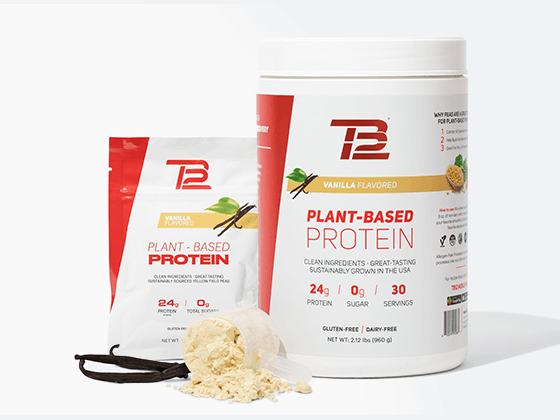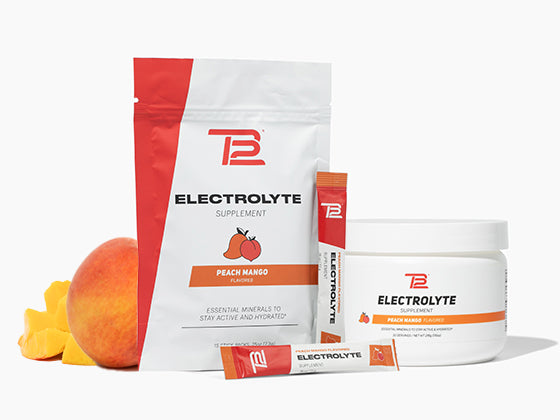When you think of vitamin D, bone health may be the first thing that comes to mind. But in recent years scientists have drawn new connections between vitamin D levels and other aspects of human health. Research has indicated that vitamin D not only helps our bones and teeth but helps protect us from chronic diseases like type-2 diabetes and certain types of cancer.
Also, vitamin D plays a role in cell growth, the immune system, and in managing inflammation. Scientists have even drawn connections between vitamin D and elevated mood and reduced incidence of depression. With an estimated one billion people considered vitamin D deficient, the International Journal of Health Sciences has declared vitamin D deficiency an ignored epidemic. The epidemic is particularly acute among people living in regions where sun exposure is limited or who have jobs or play sports that may preclude adequate daily sunshine — making proper nutrition and supplementation all the more important for maximizing health and performance in these populations.
Athletes and active people may have unique issues stemming from vitamin D deficiency, since being low in vitamin D has been shown to increase the risk of muscle injuries, stress fractures, and respiratory infections. Muscle strength and performance are also a part of the vitamin D equation. In fact, new research is connecting dots between adequate vitamin D levels and post-workout recovery, muscular strength, and body fat levels.
Vitamin D for Athletes: What Can It Do?
When it comes to athletic performance, being deficient in vitamin D can hold you back. Here are three key ways:
1. influences recovery speed
If intense bouts of exercise are a part of your training, a vitamin D deficiency may slow your recovery. A study published in Nutrients found that the amount of vitamin D circulating in the blood influenced how fast active adults recovered from a high-intensity workout. The takeaway was that inadequate levels of vitamin D can lead to sluggish recovery and may adversely affect your training and performance.
2. Boosts muscle growth and power
Vitamin D is now viewed as a key regulatory hormone intertwined with a number of physiological processes, including muscle growth. Muscle biopsies taken from adults deficient in vitamin D revealed muscle atrophy, in particular with the fast-twitch muscle fibers athletes count on for power and speed. In a more recent study, insufficient vitamin D levels negatively impacted the muscle power, force, and velocity that goes into jumping height.
3. Assists with overall athletic performance
While researchers believe more work is required to fully understand the relationship between vitamin D and athletic performance, it’s been established that the two are associated. Russian scientists — dating back to 1938— observed that exposure to ultraviolet radiation (UV) could actually make an athlete run faster. German scientists in 1952 found that being exposed to adequate UV had a significant positive impact on cardiovascular performance in school-age children and that vitamin supplementation achieved similar results.





